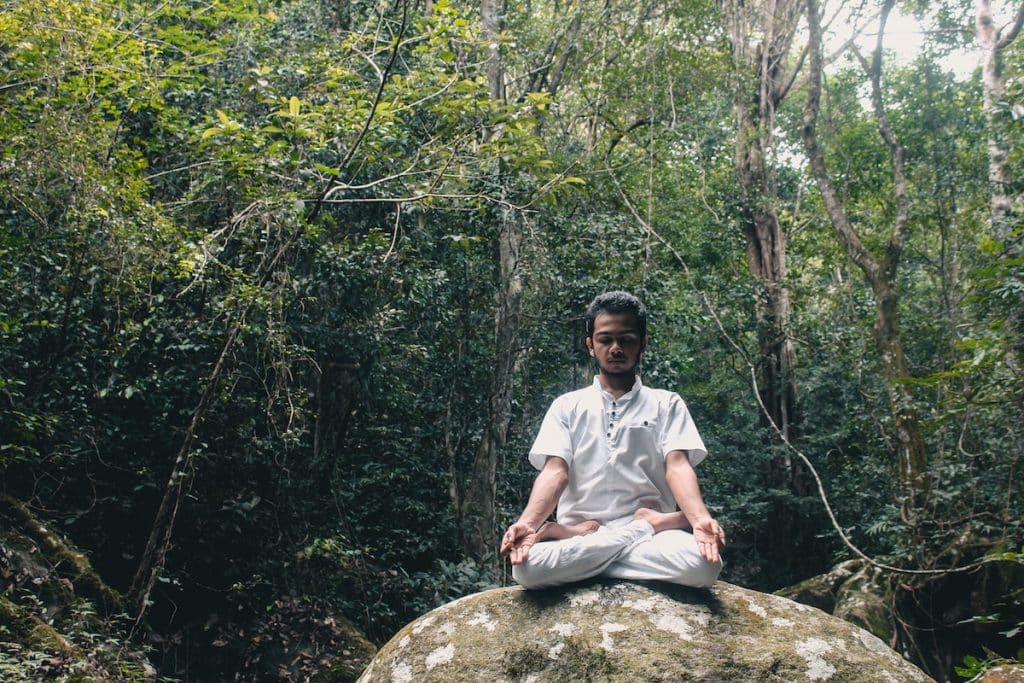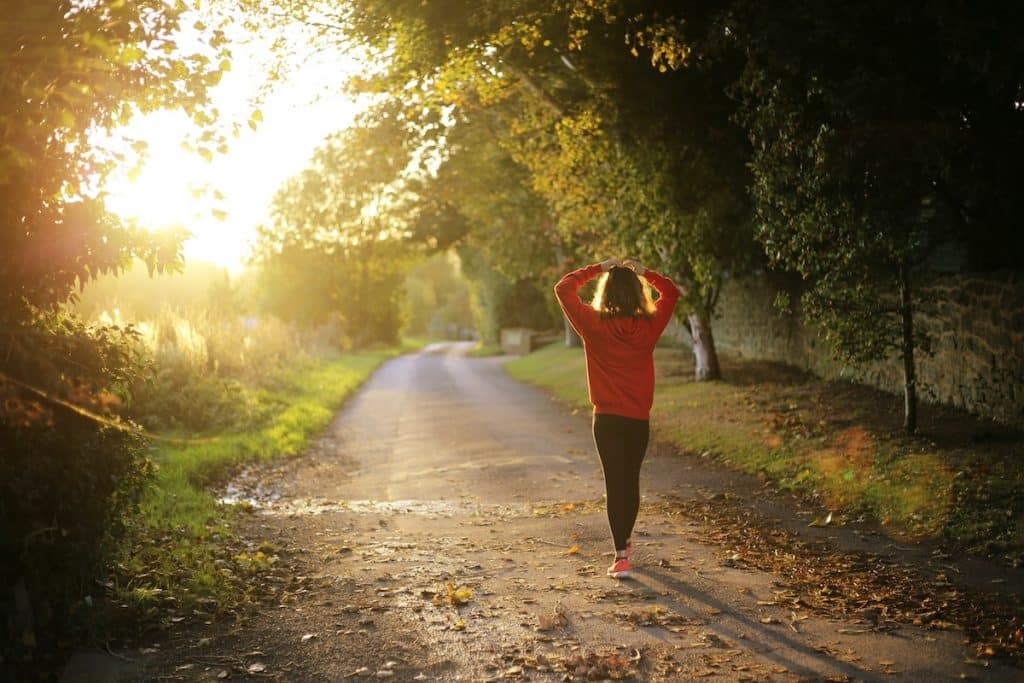Table of Contents
Have you ever noticed feeling much better after going for a walk outdoors? It could be spending some time strolling along your nearest park connector or taking some time to hike through MacRitchie Reservoir – you’ll leave feeling refreshed and revitalised. While endorphins can account for some of this, your good mood can also be attributed to being in the presence of nature.
The healing effects of being in nature has been widely researched through history, and is the basis of “ecotherapy” as a treatment concept. In this article, we explore the emerging field of ecotherapy and how nature-based interventions can help to promote better mental wellbeing.
What is Ecotherapy?
A type of therapeutic treatment, ecotherapy is based on the belief that our wellbeing is built through our relationship and interaction with nature. A core component of this is the idea that we are intricately connected to our natural environment, and we can be positively influenced by the right physical environment.
Ecotherapy includes many different nature-based interventions and activities. In a therapy setting, these activities would be led by a trained professional (such as a therapist), to ensure that the therapeutic treatment is administered correctly.
However, you can also try these out on your own if you need a mental recharge. Common ecotherapy activities include:
- Forest bathing: As the name suggests, forest bathing (or Shinrin-yoku, as it’s known in Japan, where it originated from) is the act of being in a forest or a natural environment. While doing so, focus on your relationship with nature, observing and concentrating on the sensory inputs from the forest and your surroundings. This helps your mind slow down and find peace, which can help with managing stress levels.
- Gardening: Whether it’s something as small as caring for a small pot or tending to a community vegetable patch, gardening has been found to improve both your mental and physical health. Caring for your plants has been linked to increased serotonin levels; and the physical act of gardening doubles as an opportunity to exercise as well, which is a low-impact activity that is a good alternative for seniors.
- Nature art therapy: Art is a powerful way of processing and managing our emotions. Drawing on the principles of art therapy, eco-art therapy focuses on using the natural resources around you. This could be pressing flowers and plants or even drawing in the sand on the beach.
How does Nature heal us?
In a study conducted by the University of Exeter, spending 120 minutes in nature can help you feel healthy and improve your sense of well-being. This could be done all at once or in several outings, and the positive effects were found consistently across individuals from different jobs, socioeconomic statuses, and ethnic groups.
What is it exactly about nature that produces such positive effects on our health and wellbeing? There is a growing body of research that looks into the power of nature — and these are just some benefits that have been uncovered.
Calms the Mind and Encourages Mindfulness
It’s easier for us to focus on our surroundings and the physical sensations of our experience, when we’re surrounded by greenery or near a majestic ocean. Being in nature automatically activates all of our senses, subtly encouraging us to pay attention to our bodies. For example, listening to the birdsong whistling through the trees or appreciating the grass under our feet.
Time in nature, amidst a relaxing environment, gives our minds an opportunity for respite. This encourages a certain form of mindful attention that tends to be lacking in our busy, everyday life – and can, indeed, be a soothing activity for our tired, overworked minds.
Enhances our Capacity for Awe
When we’re in nature, it’s common that we feel a sense of awe at the views that we’re met with; such as a lush canopy of trees or even a beautiful, colourful flower. In a study by the University of California, researchers found that individuals who spent a minute looking at towering trees were more likely to share they felt ‘awe’ — and were more likely to help someone in need, compared to an individual who was looking at buildings of the same height.
This suggests that awe — inspired by nature — has the capacity to improve our sense of connection with our community, and to encourage us to behave more generously while reaching out to those around us. Such can improve our mental health as positive social relationships are linked with lower stress levels and better moods.
Improve Physical health
In addition to all the positive effects time in nature has on our mental health, there are also many physical benefits to be reaped. For one, being in nature already helps us become more active, given that most nature-based activities tend to involve strolling or walking more than what we would in our daily schedules.
In a seminal work, dedicated forest bathing researcher and medical doctor Qing Li found that time in nature can strengthen our immune system and improve our physical health as well. Parallel research has also echoed this; with studies showing that being in nature can also help to lower one’s blood pressure, amongst other positive physical health benefits.
As you can surmise, the benefits of ecotherapy are plenty. If you’re interested in exploring these techniques, but are not quite sure how, you can connect with a trained professional for support.Take a look through our therapist directory, and reach out to our mental health professionals to start on your wellness journey.
References
- https://time.com/4405827/the-healing-power-of-nature/
- https://www.psychologytoday.com/sg/blog/the-roots-health/202111/the-healing-power-nature
- https://greatergood.berkeley.edu/article/item/how_nature_helps_us_heal
- https://greatergood.berkeley.edu/article/item/how_awe_brings_people_together
- https://www.goodtherapy.org/learn-about-therapy/types/econature-therapy
- https://www.mind.org.uk/information-support/drugs-and-treatments/talking-therapy-and-counselling/ecotherapy
- https://ecotherapyoxford.co.uk/evidence-base/
- https://www.nationalgeographic.com/travel/article/forest-bathing-nature-walk-health
- https://www.theguardian.com/lifeandstyle/shortcuts/2019/aug/26/ecotherapy-plants-treatment-depression-anxiety
- https://www.healthline.com/health/mental-health/ecotherapy
- https://e360.yale.edu/features/ecopsychology-how-immersion-in-nature-benefits-your-health
- https://www.nature.com/articles/s41598-019-44097-3
- https://greatergood.berkeley.edu/article/item/why_forest_bathing_is_good_for_your_health

An experienced health & wellness writer, I am a story-teller at heart. For me, writing is a way of weaving together the little details that make our existence meaningful and significant into a beautiful, larger story.




